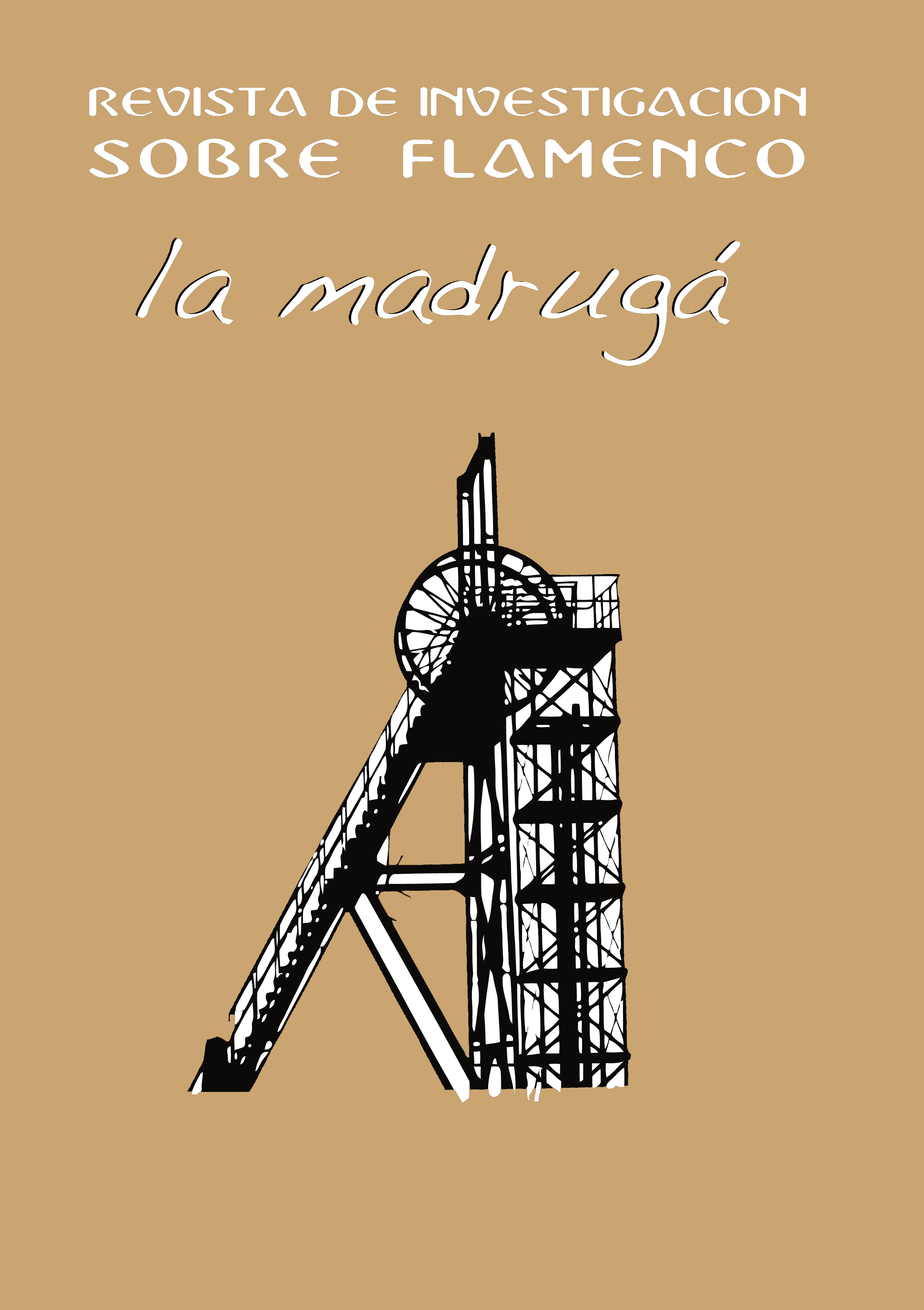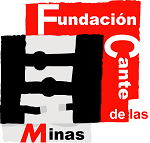Flamenco: from social marginality to cultural reference through political appropriation
Abstract
Flamenco was recognized in 2010 by the Oragnization of the United Nations for Education, Science and Culture (Unesco) as Intangible Heritage of Humanity. Since the establishment of the term flamenco, in the mid-nineteenth century, its evolution, depth and popularity among society has changed until it becomes what it is today, an internationally recognized art. What emerged as an almost marginal artistic expression became a very popular social movement, which was embraced by the different Spanish regimes in the nineteenth and twentieth centuries, including the Second Republic and the Franco dictatorship, which saw in this popular artistic expression a way to connect with the people and specifically with social classes with fewer economic resources. Throughout the present work, the changes and social transformations that flamenco has experienced will be addressed through several representative figures of this art in its different stages.
Downloads
-
Abstract1502
-
PDF (Español (España))2676
Las obras que se publican en esta revista están sujetas a los siguientes términos:
1. El Servicio de Publicaciones de la Universidad de Murcia (la editorial) conserva los derechos patrimoniales (copyright) de las obras publicadas, y favorece y permite la reutilización de las mismas bajo la licencia de uso indicada en el punto 2.
2. Las obras se publican en la edición electrónica de la revista bajo una licencia Creative Commons Reconocimiento-NoComercial-SinObraDerivada 3.0 España (texto legal). Se pueden copiar, usar, difundir, transmitir y exponer públicamente, siempre que: i) se cite la autoría y la fuente original de su publicación (revista, editorial y URL de la obra); ii) no se usen para fines comerciales; iii) se mencione la existencia y especificaciones de esta licencia de uso.
3. Condiciones de auto-archivo. Se permite y se anima a los autores a difundir electrónicamente las versiones pre-print (versión antes de ser evaluada) y/o post-print (versión evaluada y aceptada para su publicación) de sus obras antes de su publicación, ya que favorece su circulación y difusión más temprana y con ello un posible aumento en su citación y alcance entre la comunidad académica. Color RoMEO: verde.









